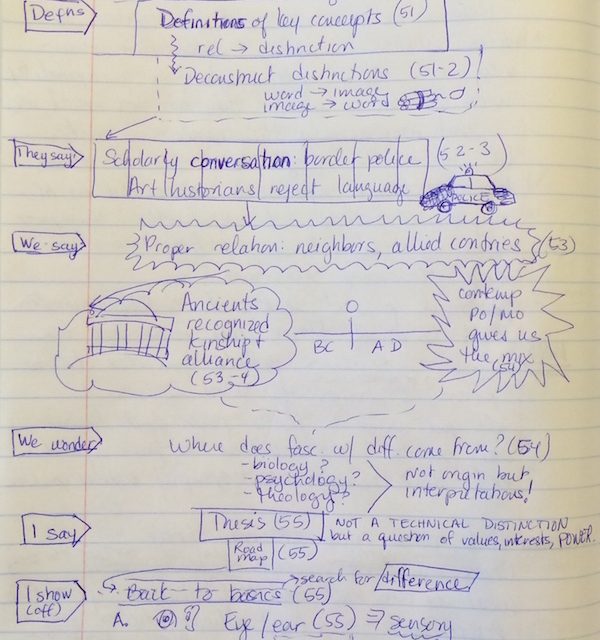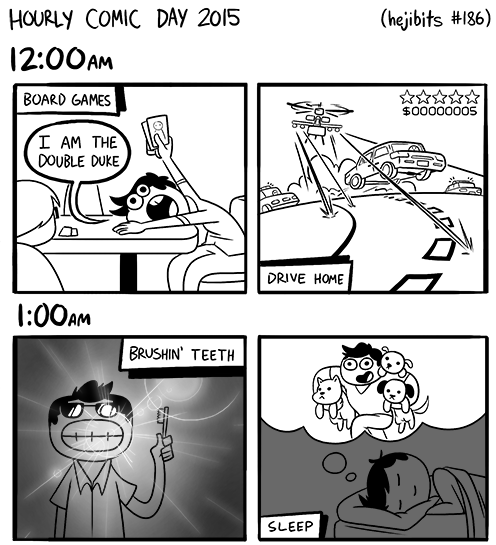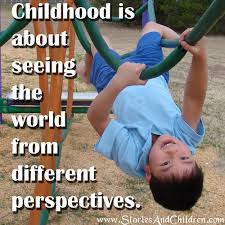SSR: D.F. McKenzie, “The Book as an Expressive Form”
Section I McKenzie, D.F. “The Book as an Expressive Form.” The Book History Reader. Ed. David Finkelstein and Alistair McCleery. New York: Routledge, 2002. 27-38. Print. McKenzie’s thesis states, “The principle I wish to suggest as basic is simply this: bibliography is the discipline that studies texts as recorded form, and the process of their transmission, including their production and reception…It would now be more useful to describe bibliography as the study… Read More
Doodle SSR: Mitchell’s Word & Image

I tried doodling an SSR of Mitchell’s essay “Word & Image” and now I understand it like never before. You have the option of doing your SSR on McKenzie in Doodle form, as long as you upload a clear, cropped, downsized photo that shows you’ve analyzed the structure of the entire argument. The photo should be big enough that when we click on it, we can read it, but not so huge… Read More
Hourly Comics Day

Thanks to Jenna for alerting us to the tradition of Hourly Comics Day: The gist of it is that you draw a short comic for every hour you’re awake about whatever you did during that hour. – Jenna Rules for us: No stick people. Build characters out of simple shapes: circles, characters, rectangles. Minimal features, rudimentary limbs are ok as is basic pattern on clothing. Comics do not have to be professional… Read More
Ethnicity at Davidson
These articles sparked a conversation between Katie and I about ethnicity in Davidson. Specifically, Katie said she’d recently seen the numbers – not the statistics, but the actual numbers – of the division of ethnicity campus-wide. This in itself can be a paradigm shift, seeing numbers as low as four, or ten. This got us talking about how it feels to have these conversations in a school or a classroom of predominantly… Read More
Views from Children

It is interesting that many of our paradigm shifts occur when we hear statements from children. In the two podcasts we listened to, a child was presented with information previously unknown to them and afterwards, could not see the world in any other way (The sky was blue/oppression and violence towards the black race). While it may have been jarring for a little girl to suggest segregation in church, based on the information she was… Read More
Images, Representation and Power

Our reflection on images, representation, and power is connected to painter Gunduz Aghayev’s series of illustrations titled “Imagine.” He uses his illustrations to reimagine historical photographs taken of children ranging from the Vietnam War to the death of young Syrian boy, Aylan Kurdi, who’s body was photographed after washing up to shore (Lomento). One photograph/illustration pairing we specifically choose to focus on was Kevin Carter’s Pulitzer Prize winning photo taken in 1993 of an… Read More
The Black Space

This image reflects the notion of white spaces and black spaces as articulated in “This American Life” podcast assigned for class. As white people, we are rarely conscious of our race, that is until we find ourselves in a black space. As Dr. Churchill mentioned in class, the experience can be lonely, unwelcome, and even scary–a lone pebble. It is, however, often just as jarring when we realize that this is the… Read More
Trump 2016: The Self-Made Man
In “White Debt,” Eula Bliss recognizes the power of privilege when observing her son. She points out that although he recognizes the horrors that were inflicted upon slaves, he will grow up, work hard, and believe that his hard work was the sole factor in his success and not acknowledge the system that granted him better conditions. A huge part of privilege is not recognizing that the opportunities that arise are not… Read More
White (?) Culture

One of the most striking moments to me in the readings for Friday was Eula Biss’ statement: “Whiteness is not a kinship or a culture.” Although I had never thought about it in those terms before, I realized how true it was; one of the unexpected consequences of considering whiteness the norm is that it immediately lacks any sort of community (apart from, as Biss points out, the shared social privileges that we… Read More
